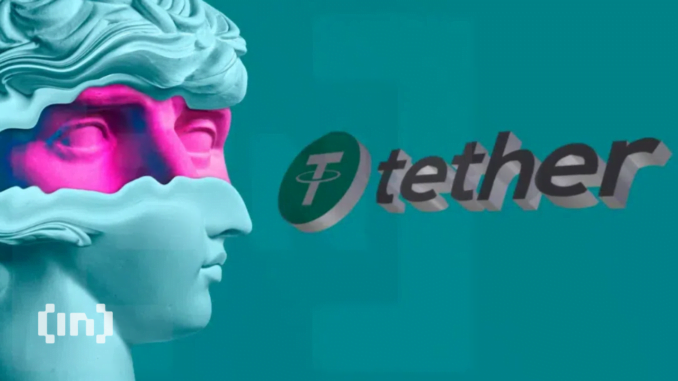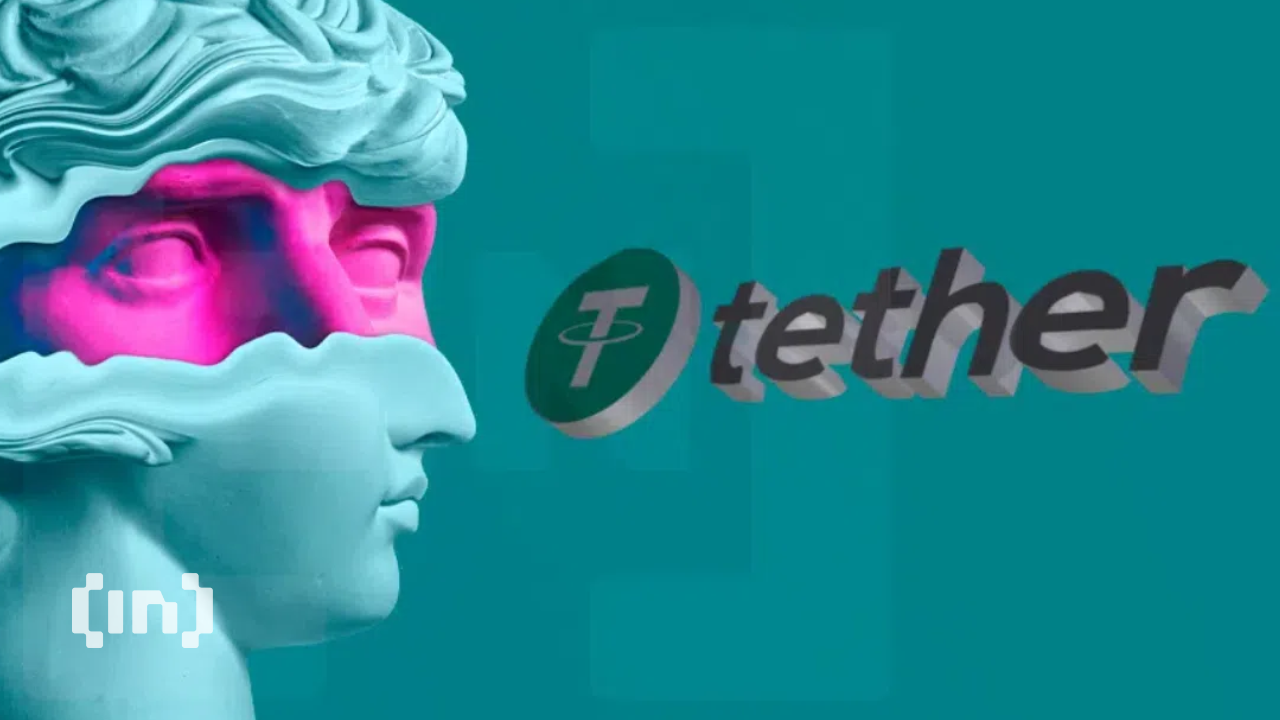
[ad_1]

Tether and the payment app Strike are teaming up. Users of the popular app, which has rapidly expanded its presence in countries around the world, will be able to use Tether stablecoin as a method of payment. Good news for some, but not for regulators who still view crypto as a Ponzi scheme.
Strike, the digital payments platform built on Bitcoin’s Lightning Network, has added Tether (USDT) to its platform. In a statement on Monday, Tether said that the collaboration will enhance the convenience and efficiency of digital transactions.
Tether and Strike
In the statement, Paolo Ardoino, Tether’s chief technology officer, claimed the partnership “signifies the growing acceptance and recognition of stablecoins as a reliable and efficient digital payment solution.”
Stablecoins like Tether add a “reliable bridge between the crypto world and traditional financial system,” the statement also claimed. But some regulators are far from sold on the reliability of stablecoin.
Strike allows users to send and receive money instantly, globally, and without fees, using Bitcoin’s Lightning Network. Since its founding in 2019, the company has expanded aggressively. Now USDT may directly benefit from, and play a role in, this growth.
Over the weekend, the app also announced its Bitcoin payments will expand into 65 countries. Furthermore, its headquarters will also be moving to El Salvador. According to CEO Jack Mallers, the decision to relocate is due to increasing regulatory pressure and a lack of clarity in the United States.
Tether a “Mammoth House of Cards,” Ex-SEC Official Says
While the marketing pitch may emphasize stability and reliability, Tether has come in for criticism in recent weeks. A former SEC official has lashed out at the company for its lack of a proper audit. John Reed Stark, a former chief of the SEC’s Office of Internet Enforcement, believes the stablecoin could be the “next domino to fall.”
Tether has cited attestations as proof of its financial health and strong market position. But in the absence of an audit, Stark argues, who knows what the real financial figures might be?
“Under any circumstance, an attestation is not the same thing as an audit — and this kind of ‘unverified snapshot’ would never pass any sort of regulatory muster,” he said on Twitter.
Tether has been promising a proper audit for nearly six years now. In July 2021, Tether’s General Counsel, Stuart Hoegner, promised a full audit in “months, not years.” However, the company has yet to make that step.
Stablecoins rely heavily on financial reserves to maintain stability and instill trust, as they back each unit with real-world assets. Stark is not the only voice to question how closely Tether adheres to such a model. Although, Tether asserts its tokens are fully backed by abundant reserves reaching across asset classes.
Disclaimer
In adherence to the Trust Project guidelines, BeInCrypto is committed to unbiased, transparent reporting. This news article aims to provide accurate, timely information. However, readers are advised to verify facts independently and consult with a professional before making any decisions based on this content.
[ad_2]
Source link




